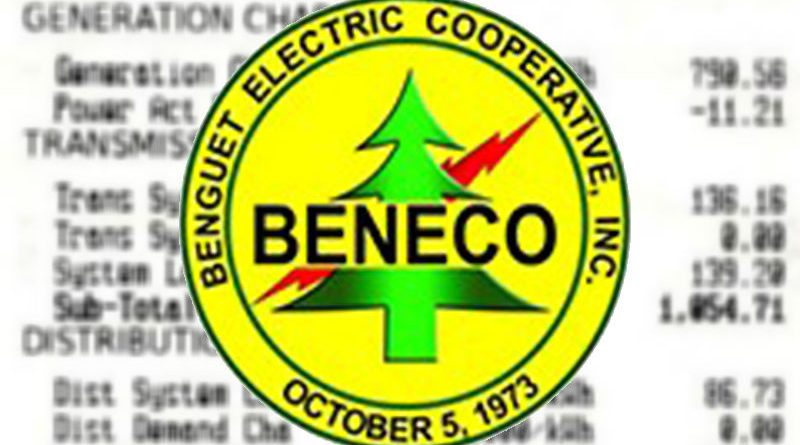BAGUIO CITY – Mayor Mauricio G. Domogan vetoed Ordinance No. 114, series of 2018 granting amnesty or relief on penalties, fines, surcharges, interests or arrears to delinquent real taxpayers since there is no justification to the same side from the fact that granting amnesty to arrears is very disadvantageous to the local government.
The local chief executive underscored that it is not fair that the local government give prizes and incentives to taxpayers who fail to pay their real property taxes by granting amnesty for their arrears and interests.
“I hope that we consider the comment of a lot of our taxpayers who say that it is better not to pay real property taxes and just wait for the amnesty. This is very damaging to the collection system of the city,” Domogan stated in his veto message to the members of the local legislative body dated September 28, 2018.
He added that the grant of amnesty that have been implemented last year had resulted to the loss of P38.5 million representing arrears and unpaid real property taxes.
Further, Domogan noted that there is already an existing ordinance that provides 20 percent discount to real property taxpayers who pay their taxes in advance and also discounts for those who pay promptly, meaning within the first quarter of the current year, January – 20 percent, February – 15 percent and March – 10 percent.
In partially vetoing some provisions of the ordinance, he explained where the local government will not grant amnesty to the arrears of delinquent real taxpayers.
However, Domogan explained that the supposed amnesty shall only apply to the interests of the said arrears on condition that the delinquent taxpayers shall pay the total arrears in cash.
The real property tax amnesty was received by the Office of the City Mayor on September 21, 2018 for his supposed signature but he eventually decided to partially veto some of its provisions for the greater interest of the local government.
According to him, the frequent grant of tax relief to delinquent taxpayers will send a wrong notion that the local government gives greater consideration to the interest of people who refuse to pay their taxes over and above individuals who religiously pay their taxes on time which will significantly affect the efforts of the City Treasury Office in collecting the taxes due from real property owners in the different parts of the city.
He emphasized that taxes are the lifeblood of the government considering that the income generated from the collection of taxes are used to fund the implementation of the priority projects of the local government and improve the delivery of services to the people living in the city’s 128 barangays, thus, the inability of the local government to meet its targeted tax collections due to delinquent taxpayers will have a serious negative impact on the implementation of the priority projects and improve the services to the people.
He urged members of the local legislative body to prioritize measures on how to further improve the local government’s incentives to its taxpayers so that people will be enticed to religiously settle their tax obligation with the city without incurring interests, surcharges and penalties in the future.
By Dexter A. See













